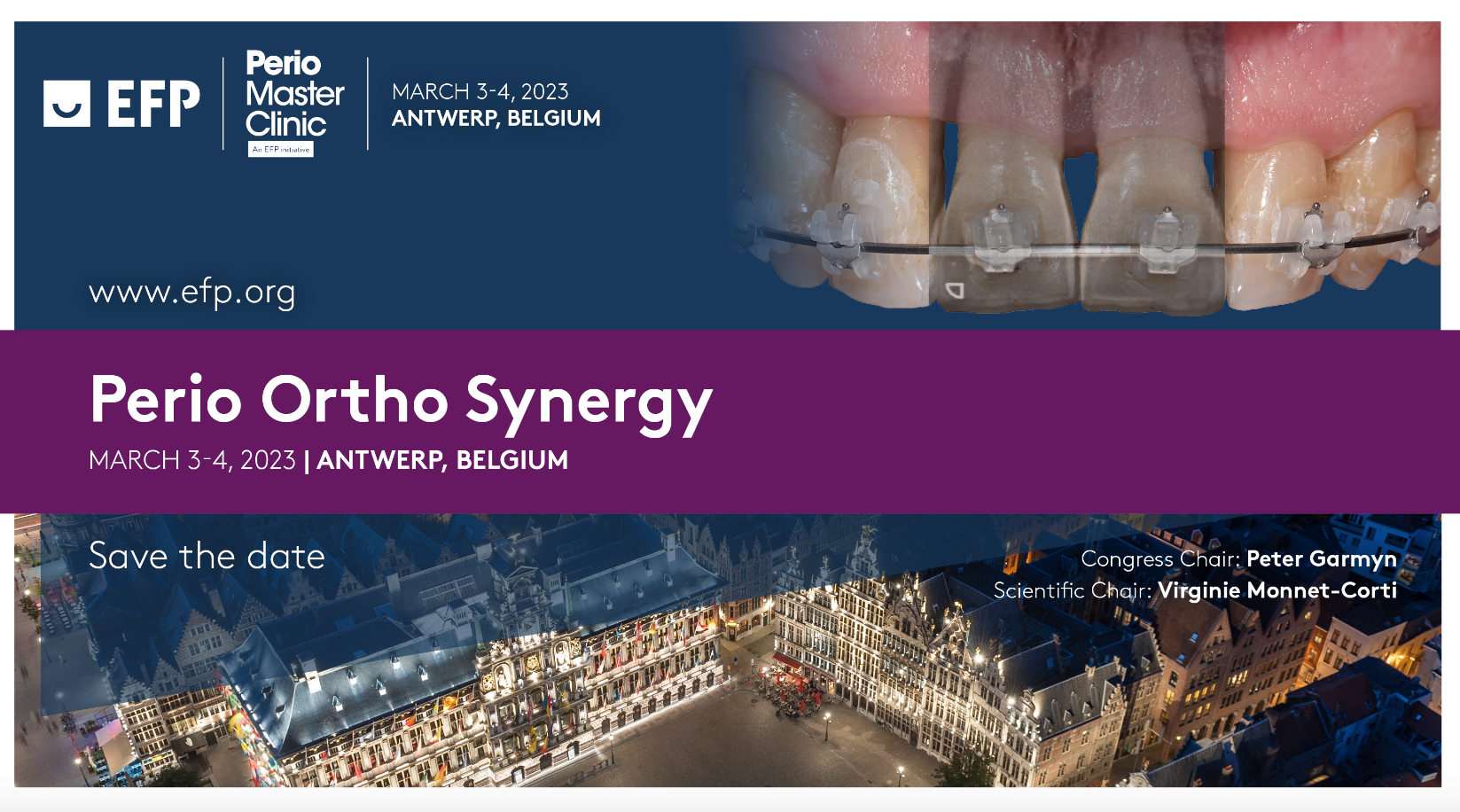Powerful Synergy: Combining Implantology & Other Dental Specialties

Implantology can be effectively combined with other dental specialties for comprehensive patient care. By integrating implantology with specialties such as prosthodontics and periodontics, dentists can provide patients with comprehensive treatment plans that address both the aesthetics and function of the teeth.
This integrated approach allows for optimal results and improved patient satisfaction. Additionally, combining implantology with restorative dentistry and oral surgery can enhance treatment outcomes and provide patients with a seamless and efficient experience. Overall, combining implantology with other dental specialties offers a multidisciplinary approach that maximizes the benefits of dental treatment for patients.
Implantology And Its Role In Dental Healthcare
The rise of implantology in dentistry has revolutionized dental healthcare, offering innovative solutions for patients with missing teeth. Dental implants have gained popularity due to their numerous advantages compared to traditional tooth replacement options.
One of the main advantages of dental implants is their ability to provide improved patient outcomes. Unlike removable dentures or bridges, implants offer a permanent and stable solution that closely resembles natural teeth. This improves not only the aesthetic aspect but also the functional aspects, such as chewing and speaking.
Moreover, dental implants help in preserving bone structure and tissue integrity by stimulating natural bone growth. This prevents the deterioration of jawbone that commonly occurs after tooth loss. Implants also eliminate the need to modify adjacent healthy teeth, as they are designed to integrate seamlessly with the existing dental structure.
The Synergy Between Implantology And Orthodontics
Combining implantology with other dental specialties can lead to a synergistic approach that enhances patient outcomes. Implant-supported orthodontic treatment addresses malocclusions and offers a comprehensive solution for patients requiring both dental implants and orthodontic correction. By integrating dental implants into orthodontic treatment plans, practitioners can enhance orthodontic stability and achieve optimal aesthetics and function for their patients.
Implant-supported orthodontic treatment provides a stable foundation for tooth movement, ensuring long-term success and reducing the risk of relapse. This approach allows for more predictable treatment outcomes and shorter overall treatment times for patients. Moreover, combining implantology with orthodontics enables clinicians to provide patients with a comprehensive treatment plan that addresses their specific needs and desires.
The synergy between implantology and orthodontics offers a powerful combination that can significantly improve patient satisfaction and treatment outcomes. By leveraging the benefits of both specialties, clinicians can provide patients with comprehensive and individualized treatment plans to achieve their desired results.
The Integration Of Implantology And Periodontics
Collaborative approach for addressing periodontal disease and tooth loss:
| Implants as part of periodontal therapy: | By integrating implantology and periodontics, dental professionals can offer comprehensive treatment for periodontal disease and tooth loss. Implants can be used as a supplement to periodontal therapy, providing stability and restoring function to patients. |
| Effective management of peri-implantitis in periodontal patients: | For periodontal patients with implants, the collaborative approach allows for effective management of peri-implantitis. Periodontists and implantologists can work together to diagnose and treat peri-implantitis, ensuring the long-term success of the implant. |
The integration of implantology and periodontics provides patients with a comprehensive and multi-disciplinary approach to dental care. By combining the expertise of both specialties, dental professionals can address periodontal disease and tooth loss more effectively. Implants play a key role in periodontal therapy, providing stability and restoring function to patients. Additionally, the collaborative approach allows for the effective management of peri-implantitis in periodontal patients, ensuring the long-term success of the implant.
The Synergy Of Implantology And Prosthodontics
Combining implantology with other dental specialties can enhance the quality of dental care provided to patients. One such synergy is between implantology and prosthodontics. By applying implant-supported prostheses for edentulous patients, dental professionals can significantly improve the stability and longevity of dental restorations.
Implant-supported dentures, for example, offer a long-term solution for edentulous patients, restoring their natural smiles and boosting their confidence. The use of dental implants provides a strong foundation for the prosthesis, ensuring better retention and reducing the risk of slippage or discomfort. This combination of implantology and prosthodontics enables dentists to deliver more effective and reliable dental treatments for patients with missing or damaged teeth.
Harnessing The Synergy Of Implantology And Endodontics
Combining implantology with other dental specialties can harness the synergy of implantology and endodontics, allowing for the preservation of compromised teeth through endodontic interventions. By combining endodontic therapy with dental implants, dental professionals can offer their patients comprehensive treatment options for achieving long-term success.
When it comes to preserving compromised teeth, endodontic interventions play a vital role. Endodontic therapy focuses on treating the pulp and root canals of a tooth, aiming to eliminate infection and save the natural tooth structure. By utilizing endodontic interventions in conjunction with dental implants, clinicians can increase the chances of successful implantation and long-term stability.
Success factors for achieving long-term treatment outcomes in combining implantology with endodontics include thorough diagnosis and treatment planning, proper case selection, and interdisciplinary collaboration between implantologists and endodontists. Through a comprehensive approach, dental professionals can deliver optimal care, preserving compromised teeth and improving patient satisfaction.

Credit: www.oralhealthgroup.com
The Synergistic Approach: Multidisciplinary Treatment Planning
Combining implantology with other dental specialties allows for a synergistic approach to comprehensive patient care. Collaborating with other dental specialties is essential to provide holistic treatment for optimal outcomes.
Case-specific treatment planning involves utilizing multiple specialties to address the unique needs of each patient. Dentists, oral surgeons, periodontists, prosthodontists, and orthodontists work together to develop a comprehensive treatment plan tailored to the patient’s specific condition.
By maximizing treatment success through interdisciplinary teamwork, patients benefit from a well-coordinated approach that addresses all aspects of their oral health. This collaboration ensures that the patient receives the most appropriate and effective treatments, whether it involves dental implants, gum disease treatment, occlusal adjustments, orthodontic correction, or other specialized procedures.
Ultimately, merging implantology with other dental specialties enhances the quality of care, allowing for improved patient outcomes and satisfaction. The multidisciplinary approach promotes a comprehensive treatment plan that considers the patient’s overall oral health while achieving the desired aesthetic and functional results.
Future Directions In Dental Specialties Synergy
Combining implantology with other dental specialties has become an increasingly important aspect of future directions in dental specialties synergy. In order to provide comprehensive and efficient care to patients, emerging trends are focusing on multidisciplinary treatment that involves collaboration across different areas of expertise.
Advancements in technology have played a crucial role in facilitating this collaborative approach. With the aid of digital imaging techniques and computer-aided design and manufacturing (CAD/CAM) technologies, dental specialists can now seamlessly communicate and share information. This enables them to plan and execute complex treatment plans more effectively.
Further integration among dental specialties also presents a range of potential benefits. By combining knowledge and expertise, dental professionals can provide more holistic and customized treatment options for patients. This allows for a comprehensive approach to oral health care, addressing not only the immediate dental needs but also considering the aesthetic and functional aspects of the treatment.
Ultimately, the synergy between implantology and other dental specialties opens up new possibilities for delivering optimal patient outcomes. By embracing collaborative care and harnessing the power of technology, the future of dentistry looks promising.
Frequently Asked Questions On Combining Implantology With Other Dental Specialties.
What Is The Hardest Dental Specialty?
Orthodontics is widely considered one of the hardest dental specialties due to its complexity and precision in correcting teeth alignment. With a focus on creating a balanced and functional bite, orthodontists use techniques like braces and aligners to achieve optimal results.
What Is The Difference Between Prosthodontist And Implantologist?
A prosthodontist specializes in restoring and replacing missing teeth to improve function and appearance. An implantologist focuses specifically on dental implants, surgically placing artificial tooth roots. While both have similar expertise, an implantologist focuses solely on implant-based solutions.
What Dental Specialist Can Be Skilled In The Placement Of Dental Implants?
A skilled dental specialist for dental implant placement is an oral surgeon.
Do Implants Fall Under Endodontics?
Implants are not classified as part of endodontics. Endodontics primarily focuses on the diagnosis and treatment of the dental pulp, while implants are used in the replacement of missing teeth.
Conclusion
By combining implantology with other dental specialties, patients can receive comprehensive and personalized treatment options that best address their individual needs. This approach not only improves the success rate of dental implants but also ensures overall oral health and quality of life.
The collaboration between implantologists and other specialists allows for a multidisciplinary approach, resulting in precise and effective treatment outcomes. Embracing this integrated approach ultimately benefits patients by maximizing treatment success and overall satisfaction. Improve your dental health and quality of life with the power of combined dental specialties.


